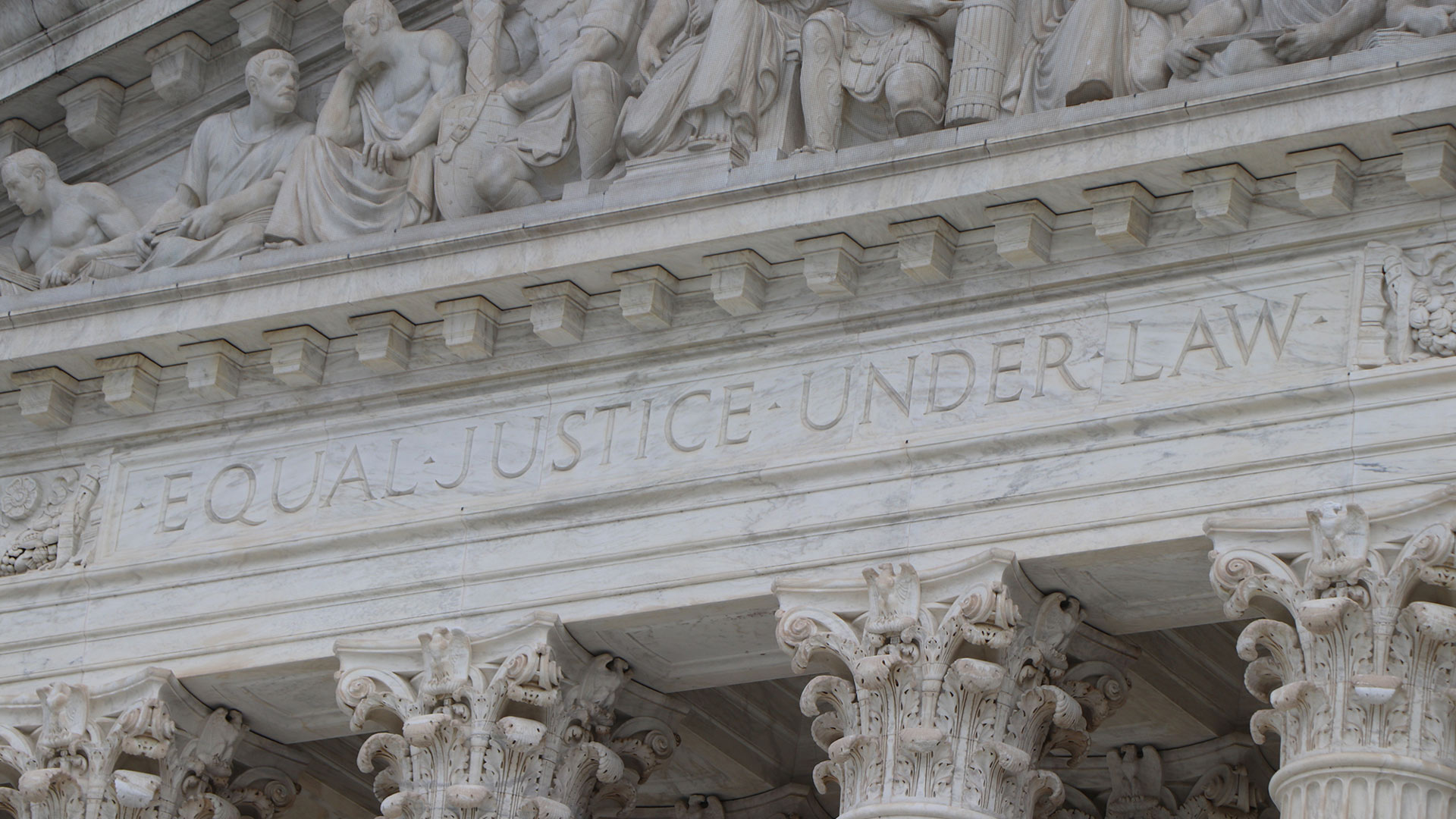 U.S. Supreme Court building.
U.S. Supreme Court building.
The Supreme Court ruled Wednesday that a man on Arizona's death row should be resentenced because jurors in his case were wrongly told that the only way to ensure he would never walk free was to sentence him to death.
The 5-4 decision, in an opinion by Justice Sonia Sotomayor, said John Montenegro Cruz should get a new penalty phase of his trial where it is made clear to jurors that he is ineligible for parole if he is sentenced to life in prison, instead of death.
The case is important not only for Cruz, but also for other Arizona death row inmates whose juries received similar misinformation. Arizona currently has approximately 100 people on its death row. It was not clear how many of those might be eligible for a new sentencing hearing.
Cruz had argued that the jury should have been informed he would be ineligible for parole if spared from death and given a life sentence. A judge rejected that request and the state said Cruz failed to make the precise requests he needed to under Supreme Court precedent.
At least one juror has said that had she known that a “life sentence without parole” was an alternative to death, she “would have voted for that option.”
Cruz was convicted of the 2003 murder of a Tucson police officer, Patrick Hardesty. Hardesty and another officer were investigating a hit-and-run accident that led them to Cruz, who attempted to flee and shot Hardesty five times.
A 1994 Supreme Court case, Simmons v. South Carolina, says that in certain death penalty cases, jurors must be told that choosing a life sentence means life without the possibility of parole. That’s required when prosecutors argue that the defendant will pose a threat to society in the future.
Arizona courts refused to apply the decision. In a 2016 case, Lynch v. Arizona, the Supreme Court told Arizona directly that it needed to comply with Simmons. Cruz says Arizona has continued to defy the high court.
The case is Cruz v. Arizona, 21-846.

By submitting your comments, you hereby give AZPM the right to post your comments and potentially use them in any other form of media operated by this institution.